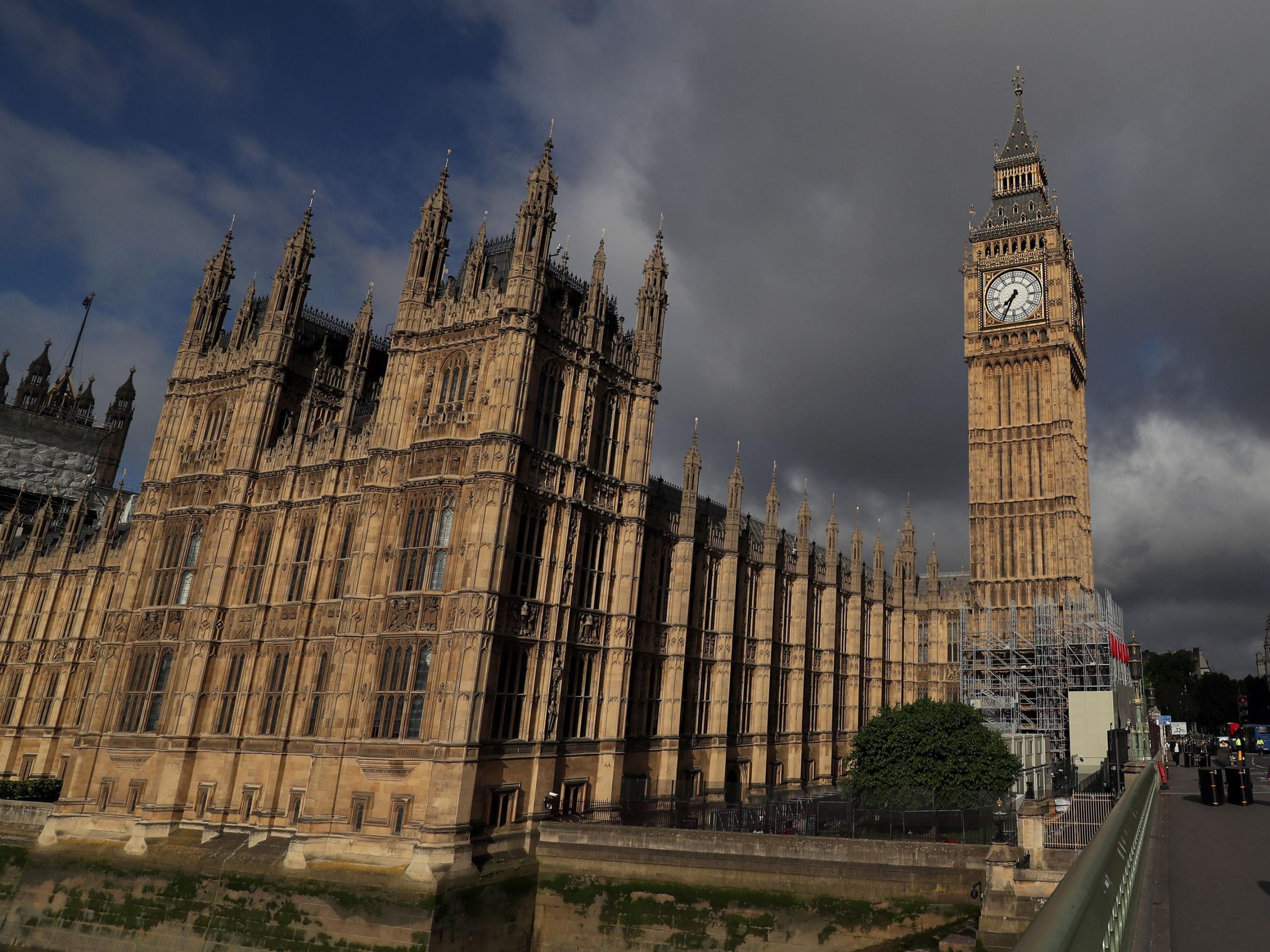MPs to debate lowering voting age to 16
The measure has official backing from Labour, Lib Dems, the SNP, Plaid Cymru and the Green Party but is opposed by the Conservatives

This morning the House of Commons will debate a bill to reduce the voting age to 16, which has attracted support across all parties.
Brought by Labour’s Jim McMahon, the private members bill is a long way off becoming law, and has little chance of doing so, but the debate will is a significant moment for the chances of an eventual change in the law many feel is long overdue.
“The fact there is cross-party support to lower the voting age shows that the political appetite for change is there. It has been discussed in the past, but now the time has come to make it a reality,” Mr McMahon said.
The measure is not supported by the government, making its chances even more slim, though not impossible given current tensions in the commons.
But it is backed by Labour, the Lib Dems, the SNP, Plaid Cyrmu and the Green Party.
In 2014, the Scottish Independence Referendum extended the franchise to 16 and 17 year olds, whose influence on the debate was considered extraordinarily positive.
Asked about the issue at prime minister’s questions in July, Theresa May said she did not support it: “We expect people to continue in education or training until the age of 18, and I think that is the right point for the voting age.”
Currently, 16 year olds pay income tax on their earnings and are allowed to join the armed forces. They are not allowed, however, to be deployed to conflict zones.
Alistair Carmichael, the Lib Dems’ chief whip, said the party was supporting McMahon’s bill.
“It was a travesty that 16-to-17-year-olds weren’t allowed to vote in the EU referendum,” he said.
“With young people now set to be hit especially hard by an extreme Conservative Brexit, it’s more important than ever that we give them a say over their future.
“It’s time to give 16-to-17-year-olds a vote in all elections and referendums, including on the final Brexit deal.”
Join our commenting forum
Join thought-provoking conversations, follow other Independent readers and see their replies
Comments
Bookmark popover
Removed from bookmarks